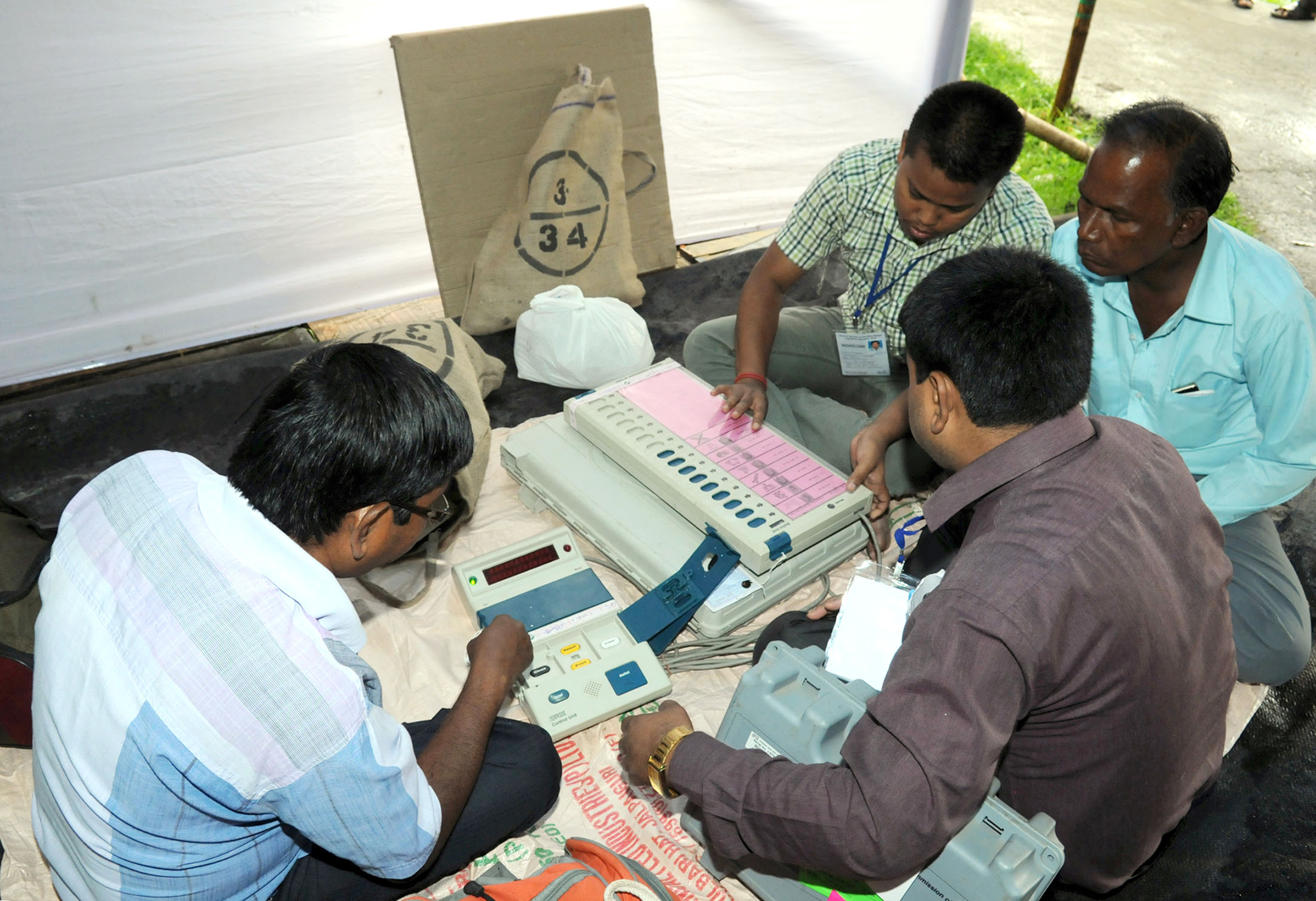Kolkata and several parts of south Bengal will vote tomorrow in the seventh and final phase of election. This time, the Lok Sabha election has been a lot more significant for a lot of Indian citizens – their very lives depend on the outcome.
In 2014 a lot of us were happy in corporate jobs doing the regular 9-6 shift, most of us were apolitical. I was a happy-go-lucky corporate girl who knew her politics, yet was deeply committed to social causes; there were hardly any political posts on my social media handles besides posting certain observations on “existentialism”. And then Mr Narendra Modi got elected as the Prime Minister of India. And everything changed.
What has changed so drastically in the past few years that made activists out of corporate people who have shunned club politics for national politics, avoided quiet afternoon lunches and devoted their time to national debates? What pushed a lot of us to take up activism full time was the atmosphere that was created post-2014 Lok Sabha elections: I knew there is more to life than club politics or being a General Manager or the CEO of a firm with an air conditioned chamber to myself.
They say one doesn’t change one’s political leanings. Then what can one say of those who are changing political parties? What about those who were once members of the Left front, actively taking part in rallies in support of the Left parties and are now unabashedly donning saffron robes?
A few days ago the Trinamool Congress and the Bharatiya Janata Party (BJP) got into a clash and the bust of Ishwarchandra Vidyasagar inside Vidyasagar College was destroyed during BJP president Amit Shah’s roadshow in Kolkata. The blame game is still continuing.
It’s no exaggeration to say that this election is a fight between David and Goliath. It’s a fight between the progressive liberal voices and those with big money power with them. The fight is against communalism and corruption, and to many it is like choosing between the devil and the deep blue sea.
The fundamental belief that media acts as a “watchdog” of the state and poses tough questions to the country’s leaders has become a joke as anchors of different channels have become their cheerleaders while we witness our actors donning the hat of journalists and actor Akshay Kumar asking the most “challenging” questions of the past five years to the PM –Aap aam khaate hain kya (do you eat mangoes)?
West Bengal, known to fight against fascist forces, must choose carefully. There is what I see as people having to decide between religious politics, corrupt politics and a once jubilant but jaded ‘red’ trying to win back the citadel it once ruled for over three decades.
For the past two days there have been a lot of discussion over BJP candidate Sadhvi Pragya calling the right-wing Nathuram Godse (who assassinated Mahatma Gandhi) a deshbhakt. Her Machiavellian remarks can be attributed to the ruling dispensation testing waters of a “Hindu Rashtra” and also to gauge the public sentiment in favour of Godse.
People we were taught to abhor suddenly have followers and supporters, and very soon this fringe group can become the mainstream if Narendra Modi is re-elected. For the past five years, I have had fallouts with friends and relatives over Narendra Modi. There have been heated arguments and there is no way I could accept that any friend or relative can give tacit, passive or overt support to a man who is alleged to be behind the Gujarat pogrom of 2002.
Therefore, red, green or saffron – let us see whether Bengal can choose wisely. The results on May 23 will decide the future of the state.
[The views expressed belong solely to the author, and may not reflect the opinions of the editorial team]


Comments are closed.